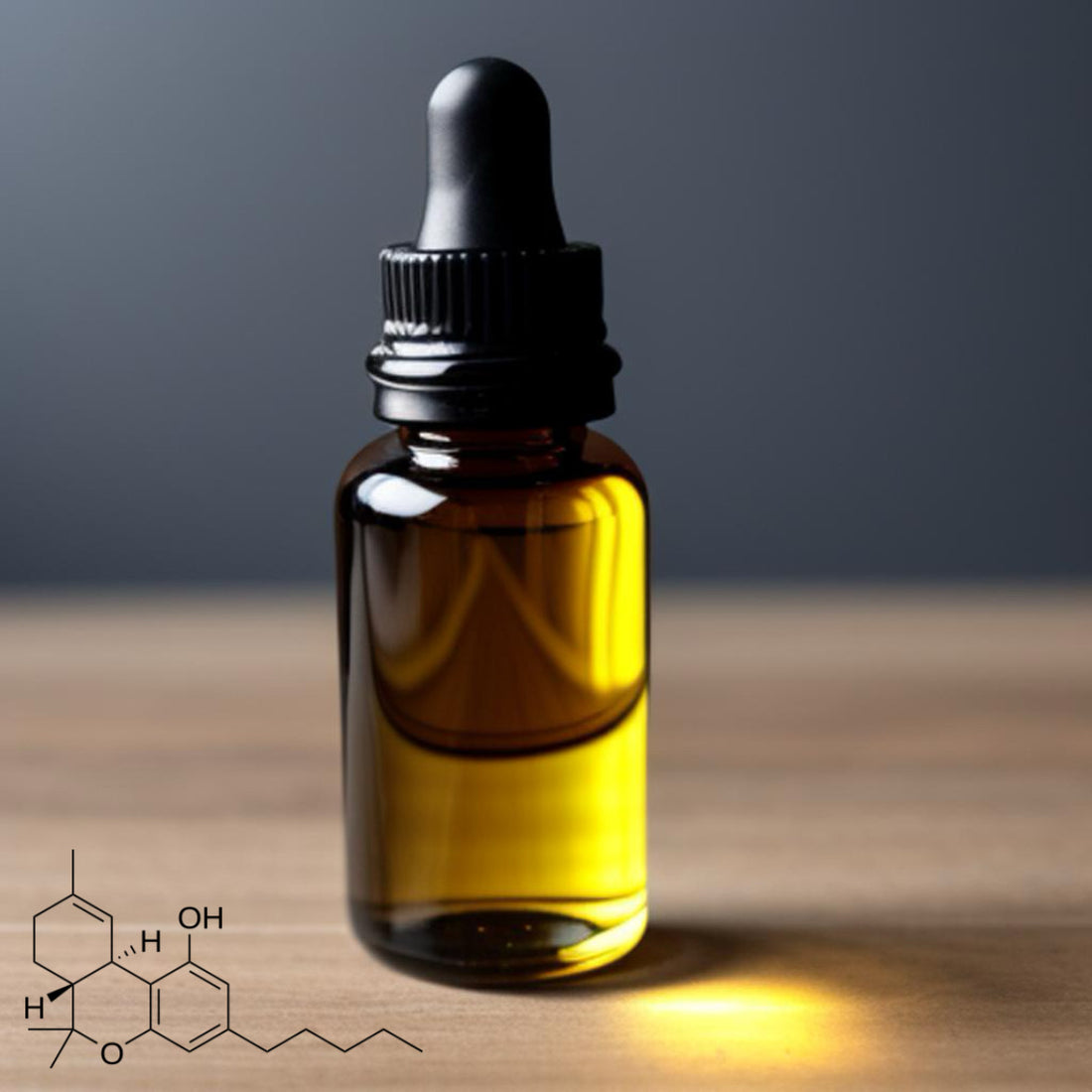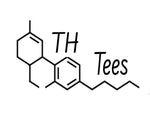THC, short for delta-9-tetrahydrocannabinol, is a chemical compound found in the Cannabis sativa plant. It is one of the many cannabinoids present in the plant and is responsible for the psychoactive effects commonly associated with marijuana use. In this blog, we will explore what THC is, how it affects the body, and its potential benefits and risks.
When consumed, THC interacts with the body's endocannabinoid system, which plays a crucial role in regulating various physiological processes. The endocannabinoid system consists of receptors, enzymes, and endocannabinoids produced by our bodies. THC binds to specific receptors in the brain and central nervous system, primarily the CB1 receptors, leading to its psychoactive effects.
The psychoactive effects of THC can vary from person to person, depending on factors such as dosage, method of consumption, and individual tolerance. Common effects include euphoria, relaxation, altered perception of time, increased appetite, and enhanced sensory perception. These effects are what make marijuana a recreational drug for some individuals.
However, it's important to note that THC also has potential therapeutic benefits. It has been used medicinally to alleviate symptoms associated with various conditions, such as chronic pain, nausea, muscle spasms, and loss of appetite. THC-based medications, such as dronabinol and nabilone, have been approved by regulatory authorities for specific medical uses.
Despite its potential benefits, THC also carries certain risks. Excessive consumption of THC can lead to adverse effects, including anxiety, paranoia, impaired memory and concentration, and increased heart rate. Long-term heavy use of THC may also be associated with dependency and addiction. It is worth mentioning that the legal status of THC varies across different jurisdictions, with some countries allowing medical or recreational use, while others prohibit it entirely.
It's important to approach THC use responsibly and be aware of the potential risks and benefits. If you choose to use THC-containing products, it is advisable to start with low doses, understand the legal landscape in your area, and consider consulting with a healthcare professional, especially if you have any pre-existing medical conditions.
In conclusion, THC is a chemical compound found in the Cannabis plant that is responsible for its psychoactive effects. While it is commonly associated with recreational marijuana use, it also has potential therapeutic benefits. However, THC use should be approached responsibly, considering individual tolerance, potential risks, and legal regulations. As with any substance, it's important to be well-informed and make informed decisions regarding THC consumption.

